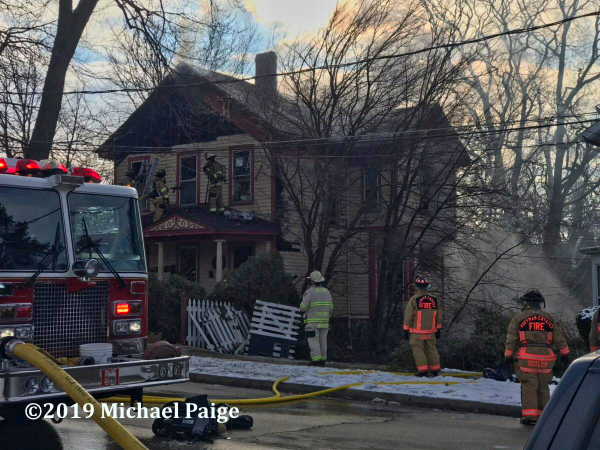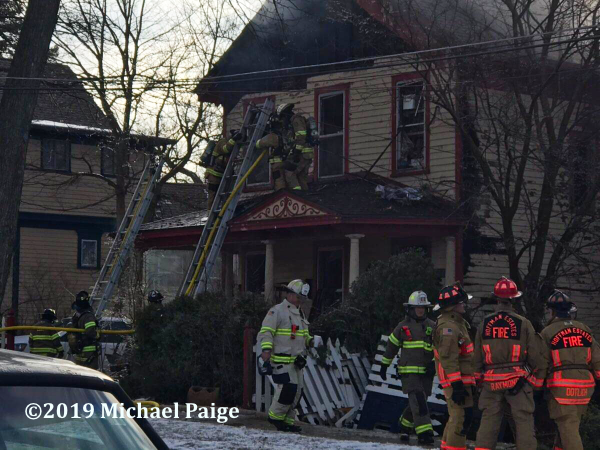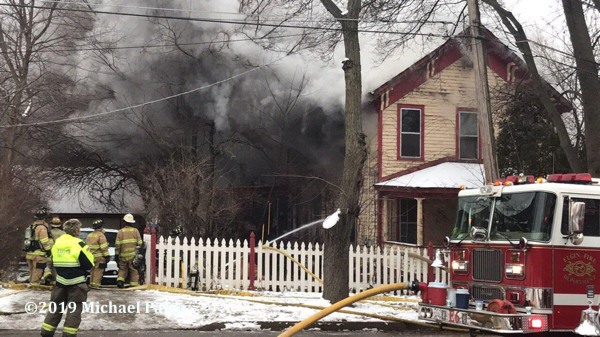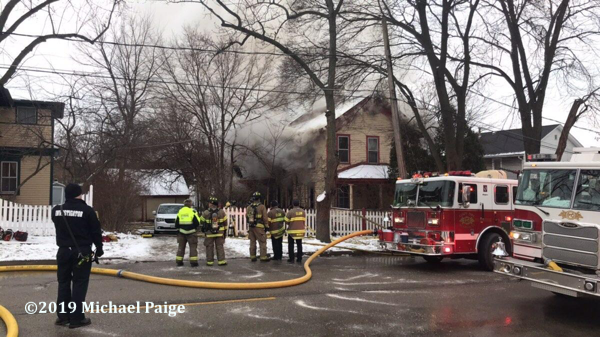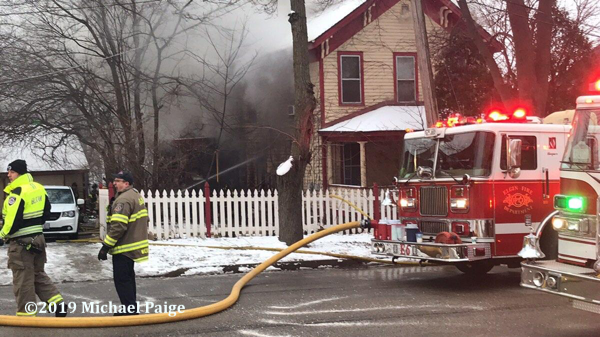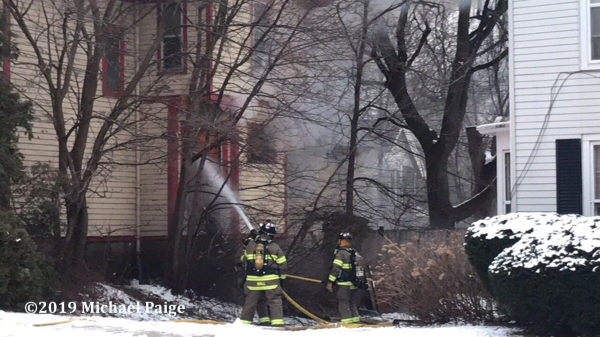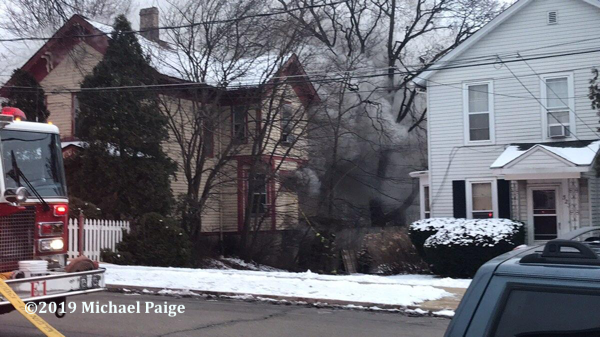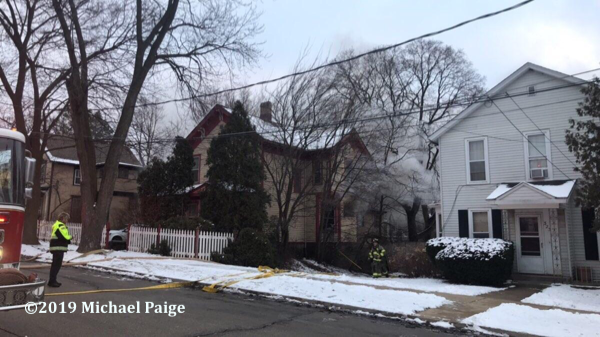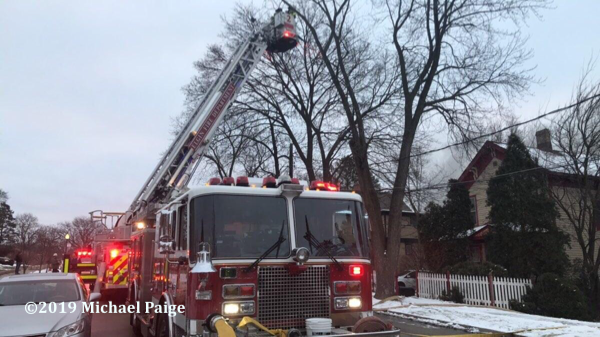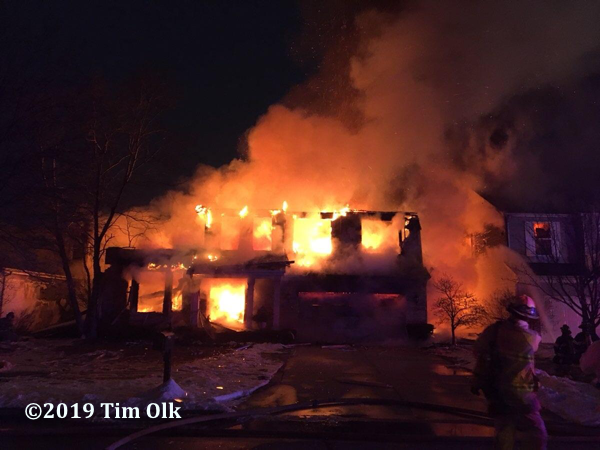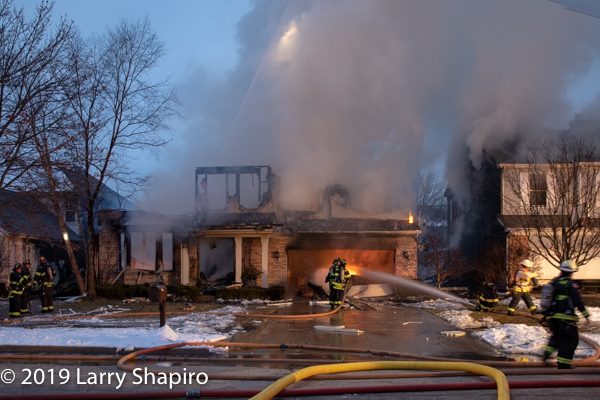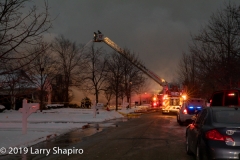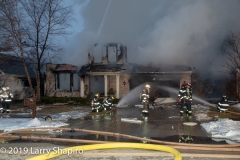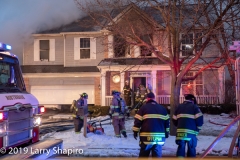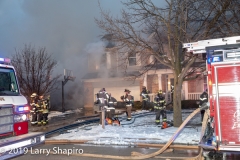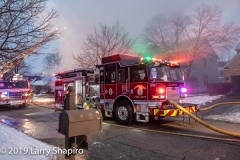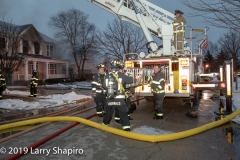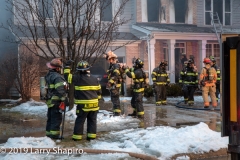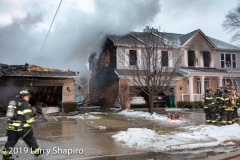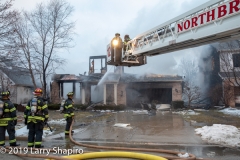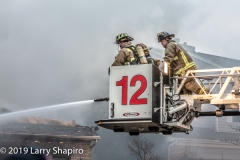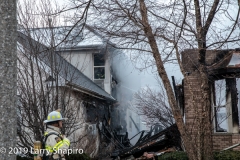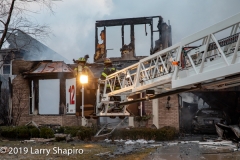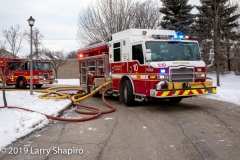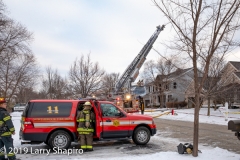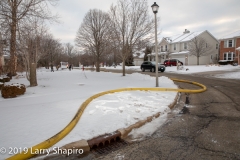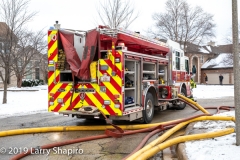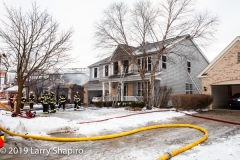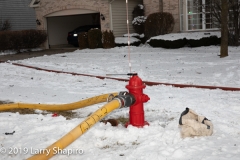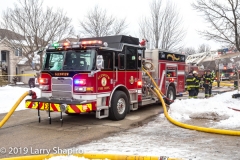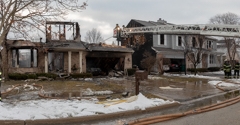Excerpts from the DailyHerald.com:
A binding referendum question on the April 2 ballot will seek a 63 percent increase in the taxes paid to the Fox River & Countryside Fire/Rescue District. If approved the measure would put an additional $1.1 million in the district’s coffers each year to raise staffing levels and fund equipment replacements and repairs.
Voters have shot down six previous attempts by the district to raise the property tax rate in the last several years. The margin by which those measures failed has significantly narrowed since the district’s first request making officials hopeful for a more positive outcome this time around. The fire board found the March 2018 election especially promising given the fact that a proposed 60 percent increase failed by only 32 votes.
Public support and awareness grew during the November election season. With more than 9,000 people voting — at least three times larger than the district’s usual turnout — the referendum question lost by 342 votes.
If the tax hike passes, the district’s tax rate will increase from about 27 to 43 cents per $100 of taxable property value. That means the owner of a $100,000 home would pay about $56 more per year.
In recent years, the district has eliminated firefighter positions and reduced costs while continuing to operate on what officials say is insufficient funding. The board decided to hold off on discussing additional budget cuts until after the April election.
“Our message remains the same,” Fire Chief John Nixon said. “We have equipment that’s failing, radios becoming a safety issue, vehicles that are costing extra money to maintain because they’re in many cases reaching the end of life, and staffing shortfalls that have created uncomfortable situations for us where we have to run short.”
The fire district plans to ask a citizen group for help talking to residents about the upcoming referendum question. Information about the proposal likely will be sent out through social media and in newsletters.
The district covers 38 square miles of unincorporated areas in St. Charles and Campton townships, as well as Campton Hills and Wayne.
